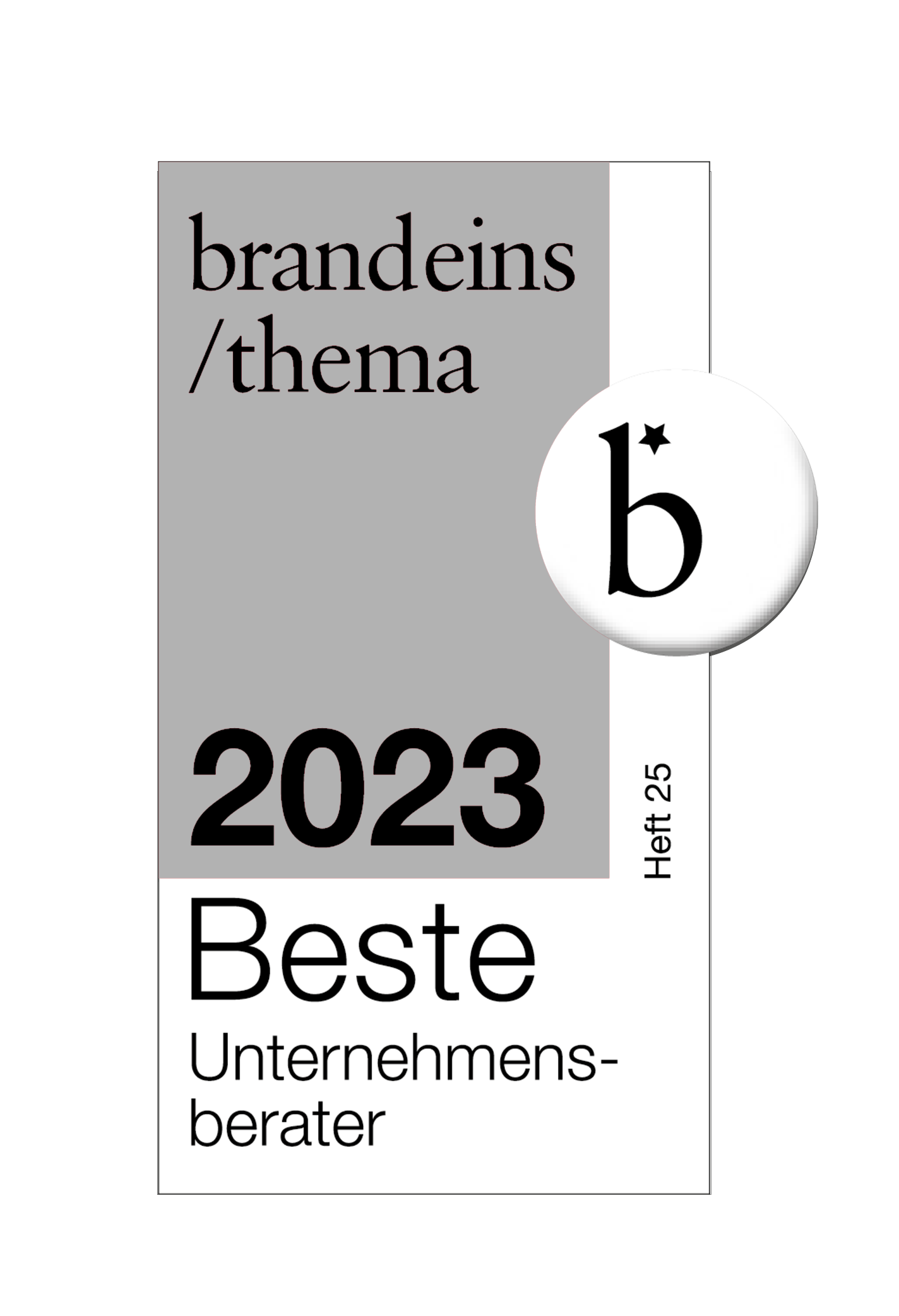Dr. Christoph Cede, Senior Consultant at the strategy consulting company Repuco, on crisis resilience,
strategic resources and the tension between disruption and structure.
Mr. Cede, large companies and public organizations are increasingly facing profound crises. They need to react quickly and flexibly to unforeseen scenarios while operating in fixed structures with high latency. How can this tension be dealt with?
An organization that is affected by a disruption can be shaken to its foundations so that it can no longer maintain its previous way of working. In the worst case, its core objectives and continuity are called into question. To survive a disruption as an organization requires far-sighted preventive and efficient reactive measures. And one has to distinguish between the operational and strategical levels.
When a disruption occurs, it is crucial that the operational level functions. Crisis management teams are set up and situation reports are created such as the current virus situation and the effects of a blackout. On this basis, measures are defined to stabilize the situation in the crisis.
Which questions shape the strategic level of crisis management?
At the strategic level, the question arises as to where, in view of limited resources, the organization should focus its efforts in order to achieve the greatest impact. This involves fundamental, long-term positioning. It takes a while for changes initiated at the strategic level to have an impact. The situation in which the measures were introduced is usually outdated in the event of a crisis.
To deal with the tension between disruption and structure, continuous strategic work is therefore indispensable. Ideally, a permanently ongoing strategy process is conducted, which creates instructions for action and along which action-triggering decisions are brought about, so that the operational level can then implement them.
How would you go about this strategy process?
Essentially, an organization needs to consider everything that can happen in the long term. This is not just about individual basic disruption scenarios, but also about variants and interdependencies.
To stick with the example of a pandemic – Covid has fortunately proven to be a virus with relatively low lethality. With a lethality of 50 or 60 percent, as in a smallpox pandemic, the measures taken would probably have failed. So you need to deal with variants of individual risks.
Let’s look at another example: A financial crisis can be followed by an economic crisis, which is followed by a social crisis. This in turn, can shake confidence in state institutions. These interdependencies between crisis scenarios are increasing. In the future, a crisis will not affect only one dimension of action, but we will have to deal with multi-dimensional crises that also entail broad cascading effects.
How can companies prepare for such crises?
You should prepare for the unexpected. It is less about writing concepts about how crisis management teams function or what to do in the event of a crisis. The real question is what strategic reserves I create. To stick with the example of the financial crisis – here you could ask what can trigger an economic crisis and how to cushion any knock-on effects. Perhaps you come to the conclusion that it is important to establish citizens' forums to strengthen social exchange, to create currency reserves, or to diversify certain supply chains and structures.
This sounds complex and abstract at first. But it is absolutely necessary to deal with this complexity and to think with an open mind. After all, it's not only in a crisis that you should discover that you have no strategic reserves, or that you have built up the wrong strategic reserves. For example, by setting up thousands of hospital beds to prepare for a pandemic that does not occur or comes about in a totally different way than expected. The basic argument comes down to strategic management using scenario technologies.
But there are not only scenarios that can be thought through, there are also things outside our horizon – the “unknown unknowns”. How can we deal with this?
On the one hand, we need structures that can be ramped up in the event of a crisis – crisis management teams, general concepts and procedures. This usually works quite well. On the other hand, in a crisis it essentially comes down to a few resilience factors. They determine whether the system survives or not. These include strategic reserves, communication skills, trust, the ability to divide up work and the resilience of social networks - not social media, but real networks. These resilience factors must be activated in every crisis, to varying degrees. We must therefore continuously analyze and strengthen these resilience factors.
How can these general factors be translated into a company-specific context?
The resilience factors need to be able to be activated quickly under stress. So, you have to know which people are needed to do this. Then, you have an organizational form. You know whom to contact in the event of a crisis and whom you have to include in previously defined structures. You know who has to do something, but not yet exactly what needs to be done to improve the situation – the latter depends on the situation.
Interview with

Dr. Christoph Cede
"To survive a disruption as an organization requires far-sighted preventive and efficient reactive measures."
"In the future, we will have to deal with multi-dimensional crises that entail broad cascading effects."
"You shouldn't discover only in a crisis that you have no, or the wrong strategic reserves."
"In a crisis, it essentially comes down to a few resilience factors. They determine whether the system survives or not."
Related topics
-

Strategic thinking and
resilience in times of crisis - Part 2Dr. Christoph Cede, Senior Consultant at the strategy consulting company Repuco, on the dangers of linear thinking, potential of data analytics and AI when dealing with complexity and the tension between robustness and flexibility.
- 1
- 1
-

Business Agility Check
Strengthening sustainability with the maturity model of msg advisors.
- 1
What we offer
-
We are defined by our in-depth knowledge of the structures, trends and future opportunities of our core industries!
Industry-expertise
-
From the boardroom to the shop floor, we understand the challenges of the key functions!
Functional expertise
-
We create growth and efficiency drivers using smart technologies, systems and data analytics!
Data and technology
-
We develop cross-industry digital ecosystems for the business models of the future!
Ecosystems of the future
-
We develop future scenarios and design implementation-oriented transformation roadmaps!
Thought leadership
- 1



